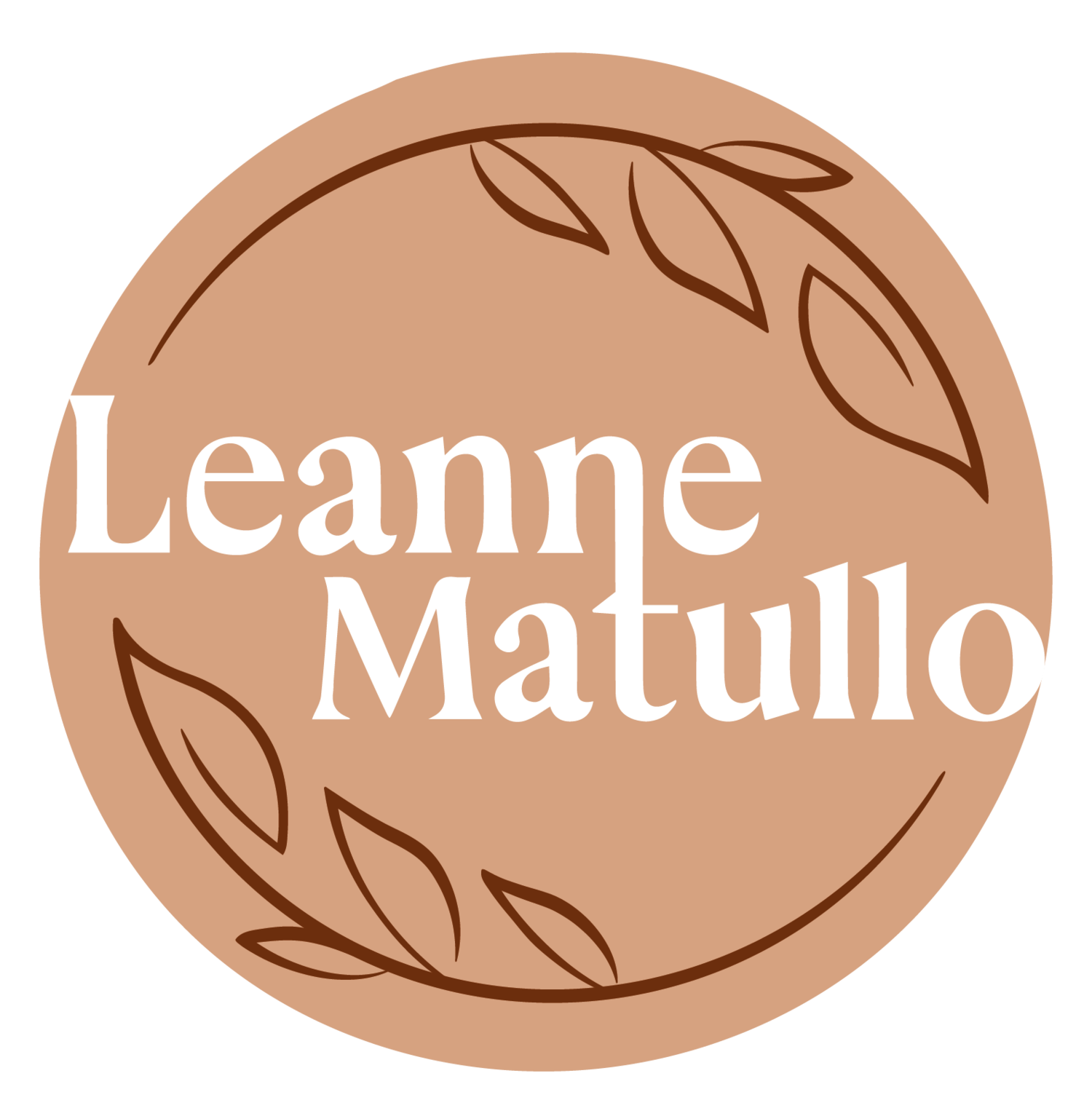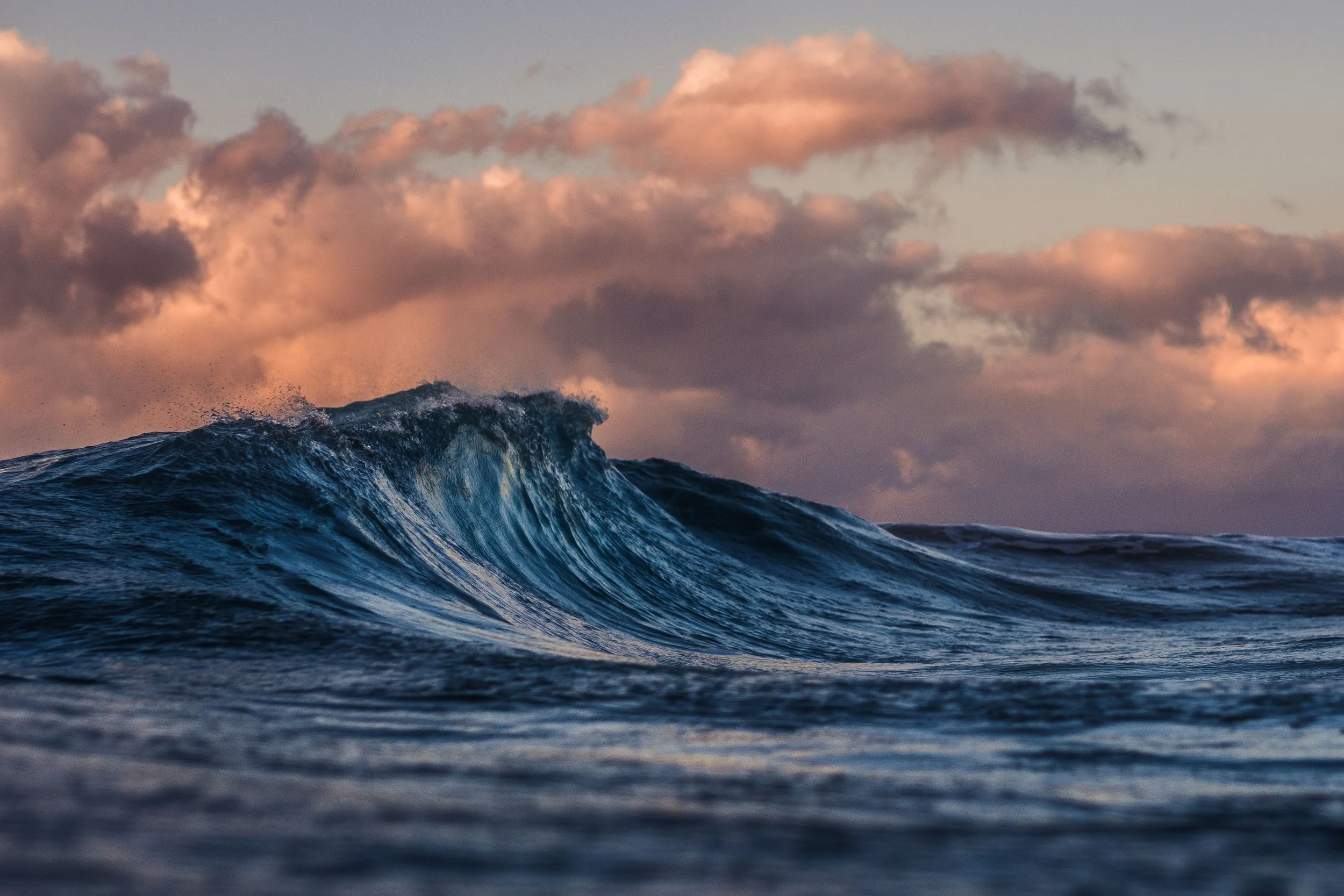They can’t drink the water or breathe the air [lessons on Brahmacharya]
Bodhi has this book called The Wump World. He loves it. LOVES it. The Wump World is a cautionary tale about these sweet little creatures called the wumps who live on their own planet alongside their beloved bumbershoot trees, leading a happy existence until…
The Pollutians from the planet Pollutus show up. The Pollutians polluted their own planet so badly that they were forced to leave, and so they scrambled onto their giant spaceships and landed on the Wump World, scaring the wumps into hiding underground.
While the wumps hid in caverns and caves, the Pollutians get to work dominating this new planet (colonization, anyone?). And because they haven’t learned or practiced a different way of living, they turn the beautiful Wump World into another rendition of the planet Pollutus.
Big skyscraper buildings.
Lots of concrete.
Tons of cars and buses and trucks.
Sewage flowing into lakes and rivers (the Wump World doesn’t have oceans).
Tearing down bumbershoot trees…
Until one day…the Pollutians can’t drink the water or breathe the air, and so they must leave. They find another planet to live on and board their spaceships with all their belongings, leaving literal destruction behind.
***
Sound familiar?
We are a culture that lives in excess. But, we’re not thriving in this dynamic and Mother Nature certainly isn’t either. We want easy and fast. We don’t want to change our ways, so we simply find new ways of doing the same thing, hoping it will be better for the planet. It won’t.
Example: There’s a push for electric vehicles. I get it. I’m not here to debate which type of fuel is “better” for powering cars…but what if there was a different question? What if we didn’t drive so much? What if we didn’t two-day ship so much? What if we biked and walked more often, and had infrastructures to support that?
Change doesn’t happen by trying to “do” exactly the same things, but with different tools and resources. Sometimes, a change needs to be made…period.
*Note - Yes, I know I’m making this simplistic and am not an expert on electric vehicles. Yet, these really are radical questions.
The problem isn’t solely the thing itself - it’s us. We don’t want to change. We don’t want to live our lives more in moderation. And, yet the change must begin within us - on the individual level.
***
This has a word in yogic philosophy: Brahmacharya. Brahmacharya is the practice of moderation, of non-excess. We can apply this in many ways - how much and what we buy, what we consume (food, television, podcasts, etc.), how we live, what our calendars look like.
Let’s offer some examples in the Perinatal space:
Fertility - I’ve worked with MANY women on their fertility journeys. A common theme is that our lives are busy. Full. Really full. There is no literal space for a baby. There are long work hours and longer commutes and lots of social commitments and high intensity workouts and so much stress. Excess.
Pregnancy - We’re surprised that we can’t move as fast as once did. We’re surprised that we can’t take on as much in our personal and professional lives. Our bodies and minds may get tired faster, and yet we resist rest, exercising differently, or having hard conversations at work about capacity. We feel we must continue to do it all while also growing life. Excess.
Postpartum/Early Motherhood - We think that once the baby gets here, we’ll move through our lives in much the same way. Gym. Yoga. Breakfast. Work. Speed walking through our days. Chores. House cleaning. Nights out with friends. Same, but with a baby on our hip, right? And, then are waiting for the day it goes back to “normal.” Excess.
***
We are living in a place of more, more, more. Faster, faster, faster. That way and pace of life disconnects us from our bodies, our internal wisdoms, and blocks our connection with nature. In fact, we come to believe we are separate from her, Mother Nature.
Brahmacharya asks us to come back to nature’s cues and to observe her rhythms. It helps us slow down, re-evaluate, and ask ourselves if the way we are living is actually contributing to life. Life of and on the planet, life in our own bodies, life for our children or desired children.
***
We celebrated the Vernal Equinox last week, and the signs of Spring’s emergence in New England are officially here. The tulip and daffodil bulbs we planted right before Uma was born in the fall are now popping up, and the earth is wet and dense as the snow thaws.
Whenever the seasons change, it’s a natural time to reconnect and honor Mother Nature. We consider the changes that we can begin to make to live our own lives in more moderation. Remember, the micro is the macro.
Can we plant a tree?
Can we walk more?
Can we two-day ship less?
Can we literally buy less, and maybe better quality?
Can we rest when we need it?
Can we create the white space needed in our lives if we want to welcome a baby?
Can we say no to overdoing and overgiving?
Can we sit in the hard questions and conversations that will support a more nourishing existence?
If you need support, please let me know. Afterglow will open its doors for enrollment again in late spring, and is perfect for pregnancy and up to five years postpartum. I am also opening up space for two (2) one:one clients to go on a 12 week journey rooted in yoga therapy and Ayurveda. Please reply here if you’re interested in learning more.
Happy Spring!
Jai Ma,
Leanne
P.S. In an upcoming letter, I’ll be talking about the “career before baby” myth. Please stay tuned for that one. And, please forward this message to a friend who might love it.
P.P.S. Want to know what happens to the wumps? Grab the book! And, no I receive nothing from this recommendation. ;)







